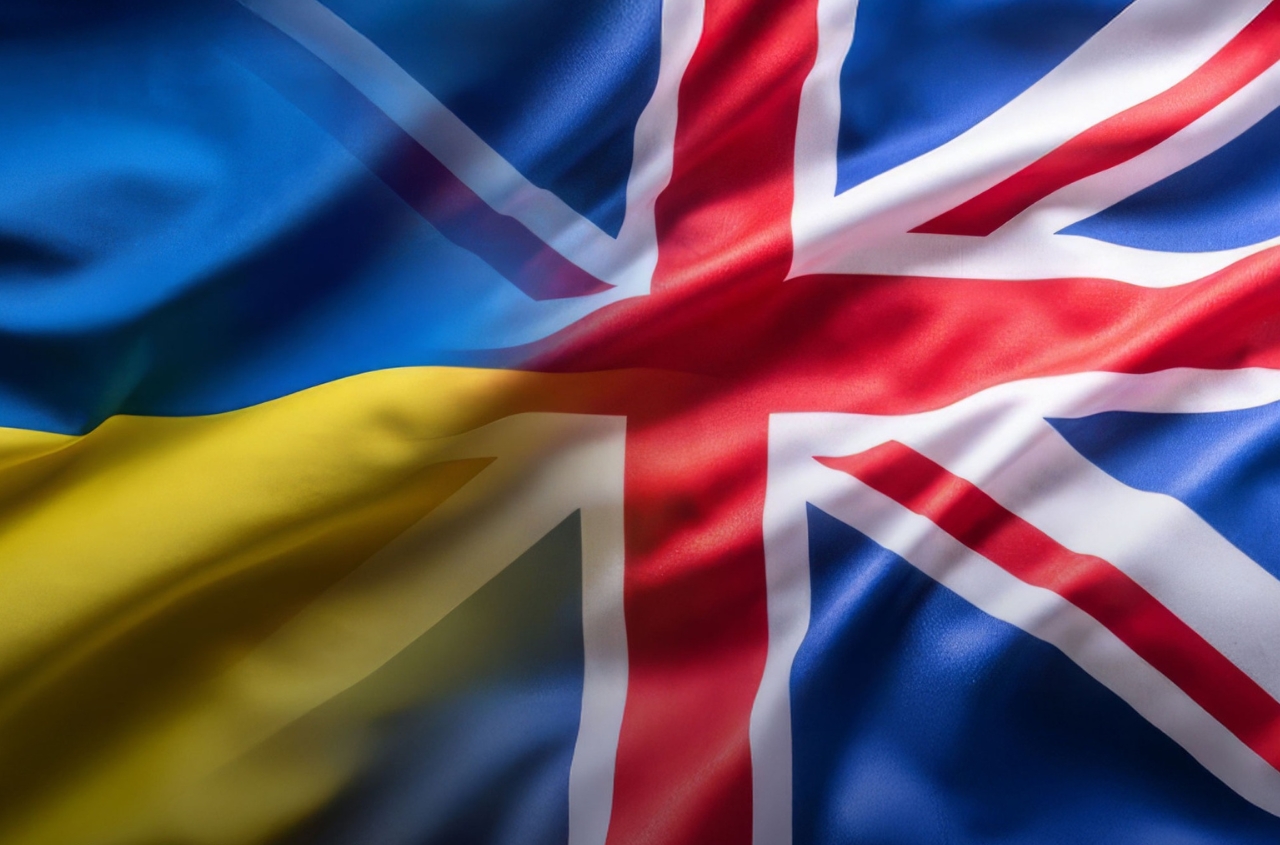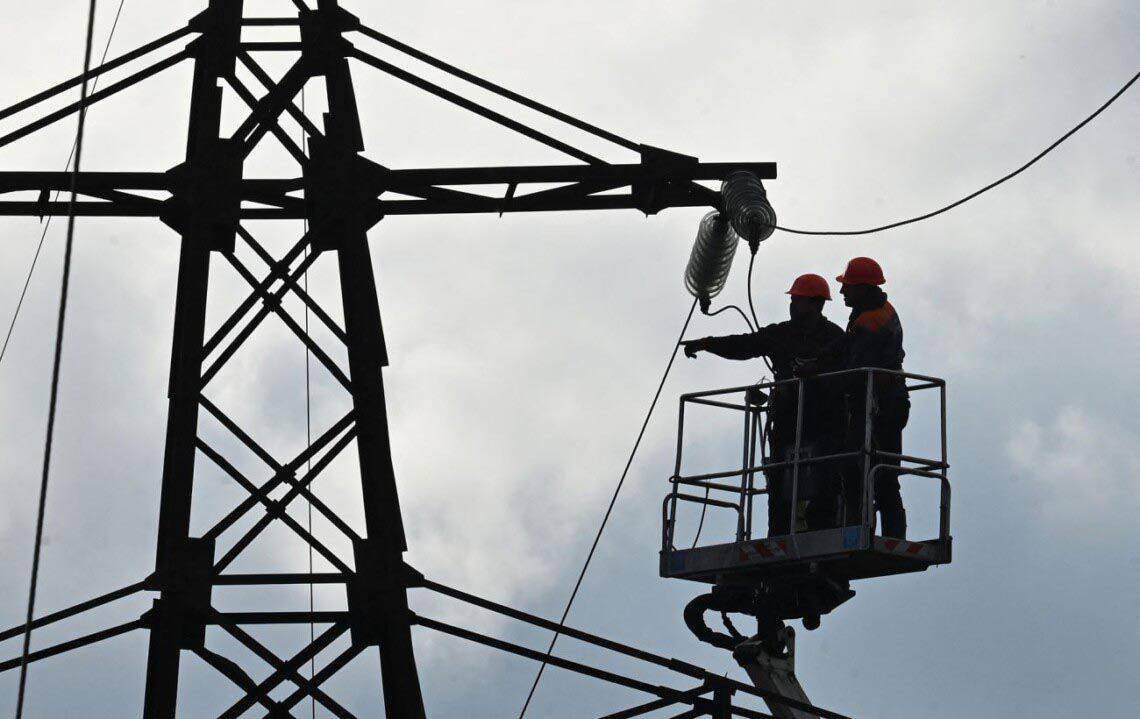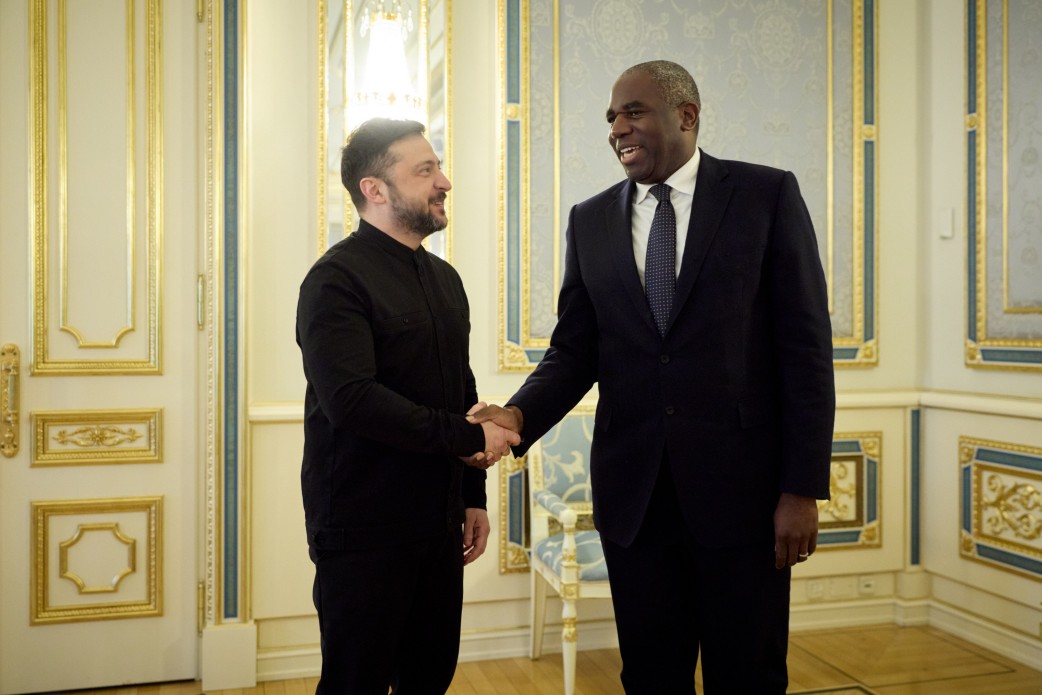The governor of the pro-Russian Moldovan autonomous region Gagauzia, Yevgenia Gutsul, met with Russian Presidential Administration Deputy Head Sergei Kiriyenko in Russia on March 7 as Moldovan authorities announced that a criminal case against Gutsul will soon go to court.
Gutsul met with Kiriyenko at the World Youth Festival in Sochi and reportedly discussed “the support that Russia can provide to Gagauzia” and the “political situation” in Moldova.
Gutsul asked Kiriyenko to help Gagauz people open Russian bank accounts “for social projects,” to lift the Russian embargo on imports from Gagauzia, and to help negotiate with Russian state-owned energy company Gazprom on the supply of gas to Gagauzia at a preferential price. Kiriyenko is reportedly in charge of multiple Kremlin committees that run information operations and hybrid operations against the West, including Moldova.[9] Moldovan Acting Prosecutor General Ion Munteanu stated on March 7 that Moldovan authorities have enough evidence to demonstrate Gutsul’s involvement in unspecified criminal acts, are finalizing a criminal case against Gutsul and will soon take the criminal charges to court.
Moldovan authorities opened a criminal case against Gutsul for illegal financing and bribing voters during her electoral campaign in 2023.
Gutsul previously ran as a candidate of the now-outlawed Shor Party led by US-sanctioned pro-Kremlin Moldovan politician Ilan Shor.
Shor denied on March 7 that he illegally financed Moldovan political parties and claimed that Moldovan authorities will arrest Gutsul upon her return to Moldova.[13] Gutsul claimed on March 7 that she will return to Moldova soon and that she will “speak in detail at a briefing” in Chisinau on an unspecified date.
Gutsul met with Russian President Vladimir Putin in Sochi on March 6 where Putin reportedly “promised to support Gagauzia and the Gagauz people in defending [their] legitimate rights, powers, and positions in the international arena.”
The Kremlin’s intensified focus on relations with Gagauzia after a recent rhetorical focus on Moldova’s other pro-Russian region, the breakaway republic of Transnistria, continues to indicate that the Kremlin hopes to use both these regions to justify hybrid operations aimed at destabilizing and further polarizing Moldova ahead of Moldova’s EU accession negotiations and the Moldovan presidential election later in 2024.





















